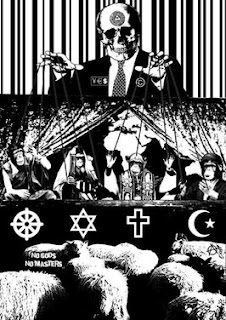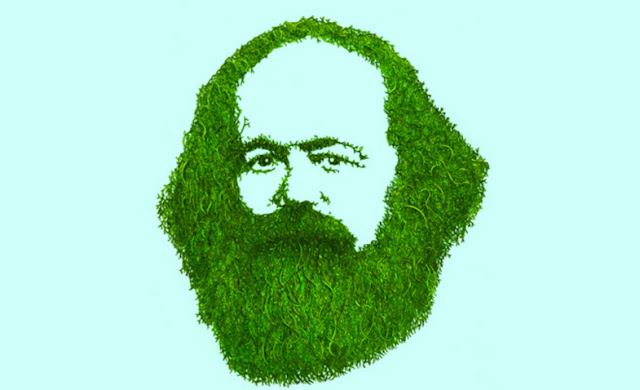Religious Pluralism and Christian Anarchism

William James’s most direct and significant contributions to philosophy of religion come from his “The Will to Believe” and The Varieties of Religious Experience – the second of which having the greater influence on the development of religious pluralism during the twentieth century. The few speculations James offers about the nature of ultimate reality toward which religious experiences point suggest a relatively pluralist attitude toward the diversity of religions, according to which none could claim a monopoly on genuine experience of the divine nor be excluded from it. Together with his later writings on pragmatism and pluralistic metaphysics, James serves as important touchstone for later theories of religious pluralism. This religious pluralism is a form of religious anarchism. Christianity began primarily as a pacifist and anarchist movement. Jesus introduces anarchism to the kingdom of God. Jesus is said, in this view, to have come to empower individuals and fr...
